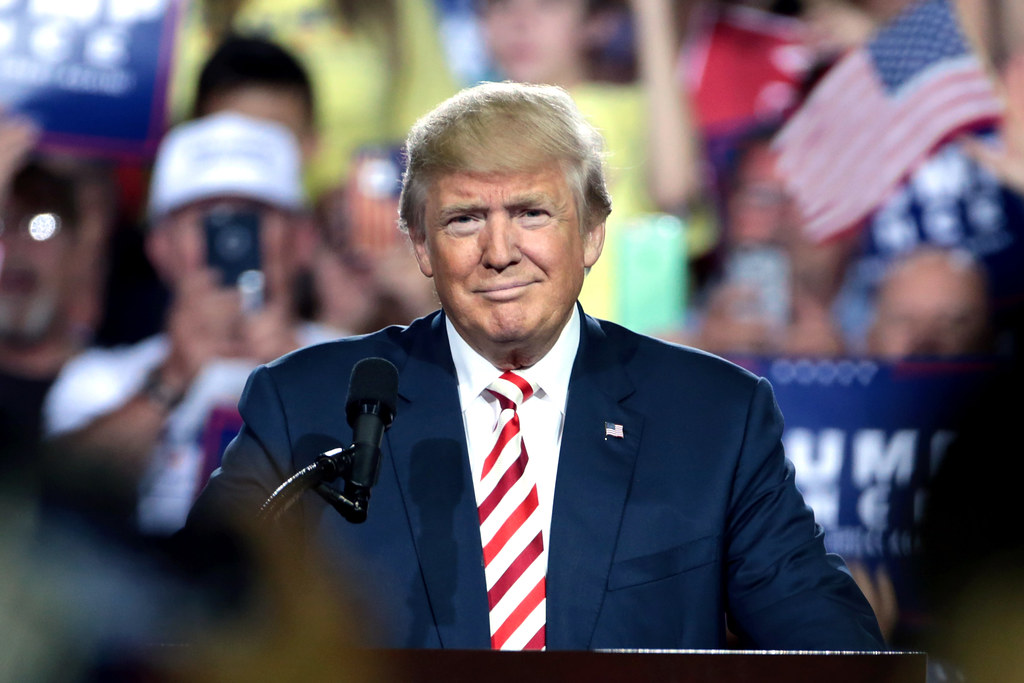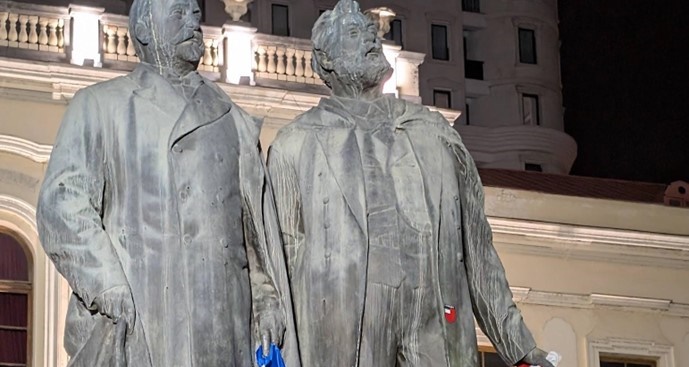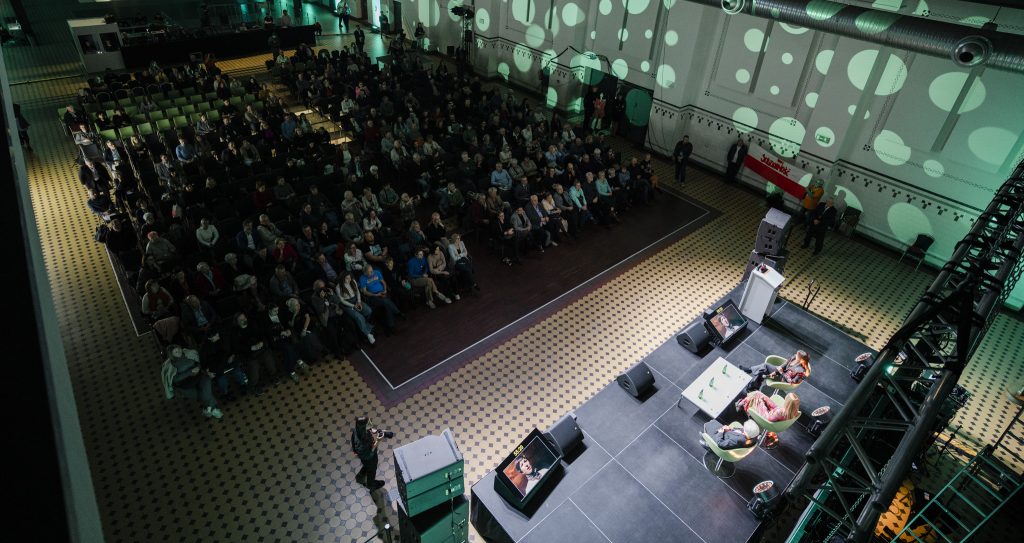
Trump Declares Juche as America’s Policy Going Forward
Donald Trump, the illegitimate President of the United States of America, declared that all imports from Canada, Mexico, and China will be subject to a 25% tariff, from February 4, 2025, onwards. There is no plausible reading of the trade among Mexico, the United States, and Canada that would even begin to justify these measures. Indeed, Trump’s previous administration renegotiated the free trade agreement among these countries.











